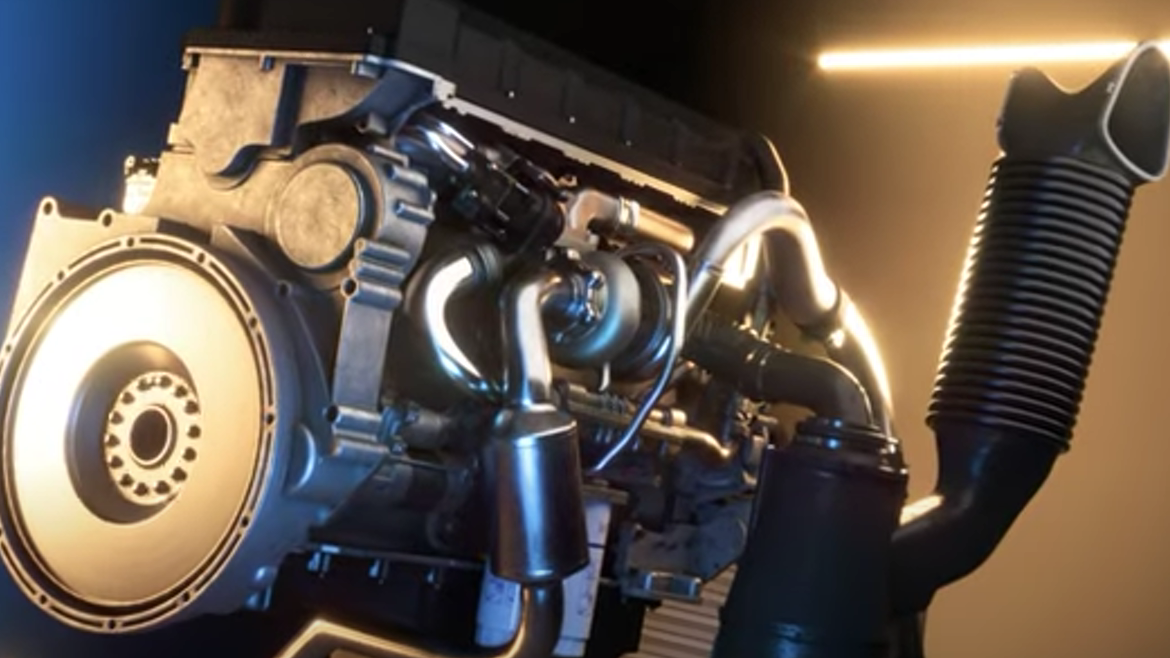In today’s marketplace, tightening emission standards have driven diesel engine manufacturers to develop technology that delivers greater fuel economy and reduced emissions. Advancements in technology and increased government incentivization have led to reduced emissions and improved fuel economy; however, they come with a compromise.
To meet tightening emission standards, manufacturers have deployed the use of various exhaust aftertreatment devices. Specifically, to mitigate nitrogen oxides (NOx) and particulate matter (PM) that contribute positively to greenhouse gases. Although these exhaust aftertreatment devices have proven beneficial to modern engine technology, they have also led to challenging inefficiencies.
One inefficiency that has led to significant downtime is the use of the diesel particulate filter (DPF). If a replacement is required, it can cost an average of $3,000 or more, leaving fleet owners and operators with a costly, unexpected expense. As engines run faster and at hotter temperatures than ever before, this can lead to fuel injector deposit formations, specifically both nozzle coking and internal diesel injector deposits (IDID) that can be found in high-pressure common rail (HPCR) fuel injection systems. These deposit formations ultimately can cause inefficient combustion cycles resulting in lost fuel economy, increased emissions, and potential unnecessary downtime.
Deposit formations on fuel injector systems can bring unforeseen challenges to consumers and fleets of all sizes. If replaced, it can cost $400 or more per injector needed. Anticipating that the investment in modern technology will provide them with an onset of benefits to their bottom line, many are left blindsided by these unexpected challenges. This makes the maintenance of these modern engines and technologies unplanned, but essential to fleet success.
To mitigate deposit formation on fuel injectors, as well as reduce excessive soot loading, fleets should use a diesel fuel additive that contains Deposit Control Additives (DCA). These additives effectively remove deposits as well as allow for more efficient combustion cycles that reduce soot loading, increase fuel economy, improve emissions and increase uptime.
Seasonal preparation plays an increasingly critical role as fuel supply also adapts to changing regulations. Biodiesel is more susceptible to gelling in cooler temperatures. If this occurs, it can lead to unwanted downtime and significant loss in revenue for fleets and consumers while their vehicles are repaired. Fuel systems have improved over time, but additional fuel filters and decreased filter pore sizes have made modern systems more cold-temperature sensitive than ever before. As fleets use biodiesel fuels more frequently, proper cold-flow additives should also be used to prevent fuel filters from plugging and shutting down all fuel flow.
Purchasing diesel fuel additive is a minimal investment to protect fleets in comparison to thawing and towing costs that can cost at a minimum of $2,000 up to a maximum of $4,000. These costs do not include the additional expenses of downtime, undelivered goods, driver expenses and vehicle repairs.
Our View
Diesel fuel additives enable vehicles to move cleaner and achieve optimal performance, especially as engine technology and emissions standards continue to evolve.
To learn more about the benefits of diesel fuel additives, contact a Lubrizol representative today.









